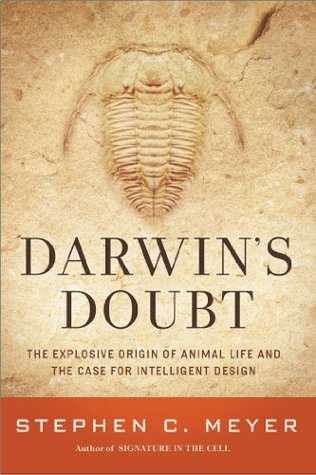After the 1950s, evolutionary biologists no longer assumed that single mutations would necessarily generate whole new traits. That left a critical assumption of population genetics essentially undefended. For many evolutionary biologists, the theory of gene duplication closed that conceptual gap. After the theory was formulated, many evolutionary biologists thought that a mechanism had been discovered by which sections of genetic text could accumulate multiple changes without compromising the fitness of an organism, thus ensuring the eventual production of new genes and a steady supply of new
...more
Welcome back. Just a moment while we sign you in to your Goodreads account.


